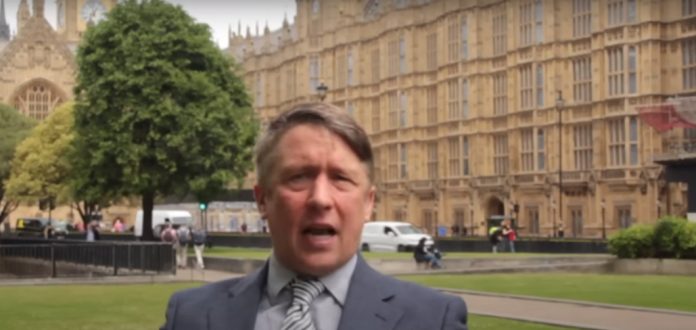If we want reality with all the rough edges left in tact, over to Jonathan.
A quick overview of the economic disasters the UK has had imposed since 2010:
- Austerity Measures: Following the 2008 financial crisis, the UK government implemented severe austerity measures starting in 2010 to reduce the national deficit. These measures included substantial cuts to public spending, which led to widespread criticism and debate about their impact on economic growth and public services.
- Brexit: The 2016 referendum resulted in the decision to leave the European Union, leading to prolonged political and economic uncertainty. The process of negotiating and finalising Brexit terms caused fluctuations in the economy, impacting trade, investment, and market stability. The eventual departure in 2020 led to new trade barriers and regulatory changes, affecting various sectors.
- COVID-19 Pandemic: The global pandemic that began in 2019 severely disrupted the UK economy. Lockdowns and social distancing measures led to a significant contraction in economic activity, with sectors such as hospitality, travel, and retail particularly hard hit. The government introduced extensive fiscal support measures, including furlough schemes, to mitigate the impact.
- Supply Chain Disruptions: Post-Brexit adjustments and the pandemic caused significant supply chain disruptions. Issues such as shortages of goods, delays in deliveries, and a lack of HGV drivers were prominent, affecting everything from food supplies to construction materials.
- Energy Crisis: In 2021 and 2022, the UK faced an energy crisis driven by rising global gas prices. This resulted in increased energy bills for households and businesses, putting additional strain on the economy and exacerbating the cost of living crisis.
- Cost of Living Crisis: Inflation surged in the early 2020s, driven by factors including the energy crisis, supply chain issues, and increased demand post-pandemic. This led to a significant rise in the cost of living, impacting consumer spending and overall economic stability.
- Political Instability: Frequent changes in leadership and political turmoil have also impacted economic confidence. The resignation of several Prime Ministers and fluctuating government policies have added to the uncertainty and unpredictability of the economic environment.
- Financial Market Volatility: The combination of these factors has contributed to increased volatility in financial markets. The pound has experienced significant fluctuations against other major currencies, and there has been notable instability in stock markets.
And for those who consider the Tories to be better at managing the countries finances historically, it has all been a big lie by the establishment media to manipulate how you vote.
These issues collectively have created a challenging economic landscape in the UK, marked by periods of recession, slow growth, and persistent uncertainty. The economy has been wrecked, and lies keep spilling out of their mouths.
KEEP US ALIVE and join us in helping to bring reality and decency back by SUBSCRIBING to our Youtube channel: https://www.youtube.com/channel/UCQ1Ll1ylCg8U19AhNl-NoTg AND SUPPORTING US where you can: Award Winning Independent Citizen Media Needs Your Help. PLEASE SUPPORT US FOR JUST £2 A MONTH https://dorseteye.com/donate/







